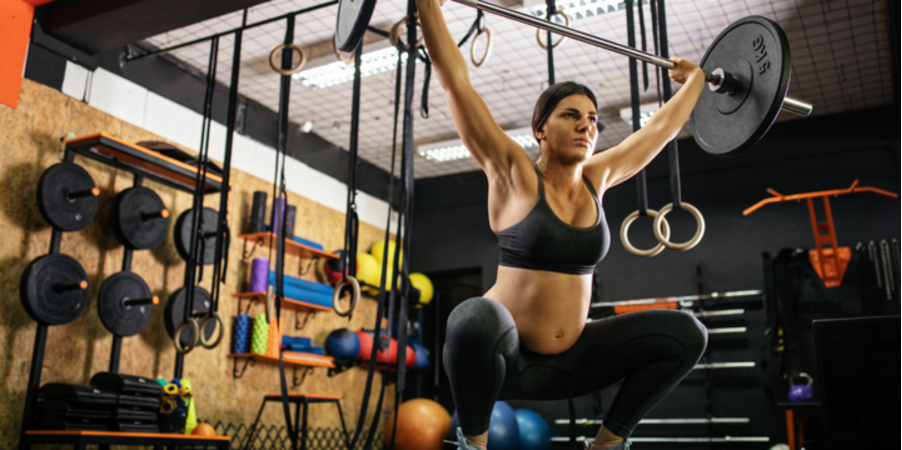It’s an exciting moment for women’s sports. The Paris 2024 Olympic Games start this week and there is a lot to look forward to this year. Canada will send its first-ever 3×3 women’s basketball team to the competition, while Penny Oleksiak, Canada’s most decorated athlete, will return to the pool to race for gold and add to her already impressive medal count. We’re excited to cheer on these athletes and all of Team Canada!
Beyond the Olympics, pay equity movements for women athletes are making headway, and organizations like the PWHL are creating new platforms for professional women’s sports.
However, equity in sports is about more than just pay or visibility. Equity is also about dedicating resources to supporting women athletes at all stages of their development. There is still a major need to advance our understanding of the effects of sports and physical activity on women’s health and to provide women athletes with the same opportunities for excellence enjoyed by their male counterparts.
One legacy of underinvestment in this area is the alarming rate of sports injury among women athletes versus men. Women are two to eight times more likely to experience ACL tears than men. It was once believed that biological factors were purely to blame – leading to the conclusion that women’s bodies are simply less capable than men’s. According to researchers in BC and Alberta, female beauty standards, fewer training opportunities, and limited resources may also contribute to the problem. Research has evolved our understanding and improved how women athletes are supported. However, more research is still badly needed.
At this year’s Olympics, Team Canada will include several athletes who are also mothers, such as boxer Mandy Bujold and basketball player Paige Crozon. Their participation highlights how supporting women athletes increases their opportunities for achievement. Many women athletes feel they must choose between their sport and motherhood, putting them in a difficult position. Groups like MOMentum are working to support women athletes so they don’t have to choose.
Meanwhile, new research by Dr. Margie Davenport, a former national team athlete and Associate Professor at the University of Alberta, is clarifying how and when women who are pregnant or postpartum can safely exercise. Dr. Davenport’s work has shown that it is safe, and beneficial, to both mother and baby to engage in moderately intense exercise while pregnant. While this does not mean it is safe for pregnant women to compete at the Olympic level, Dr. Davenport’s work is helping international sporting bodies create policies around when athletes can safely return to high-level sports after giving birth. Her work also encourages women of all skill levels to remain physically active during pregnancy.
By dispelling assumptions and clearing up outdated science about women’s bodies and health, researchers are moving our collective knowledge forward. This research can help women athletes reach greater heights of sporting excellence. More work must still be done, but the research of Dr. Davenport and others is moving the ball forward in a big way. Go team!
